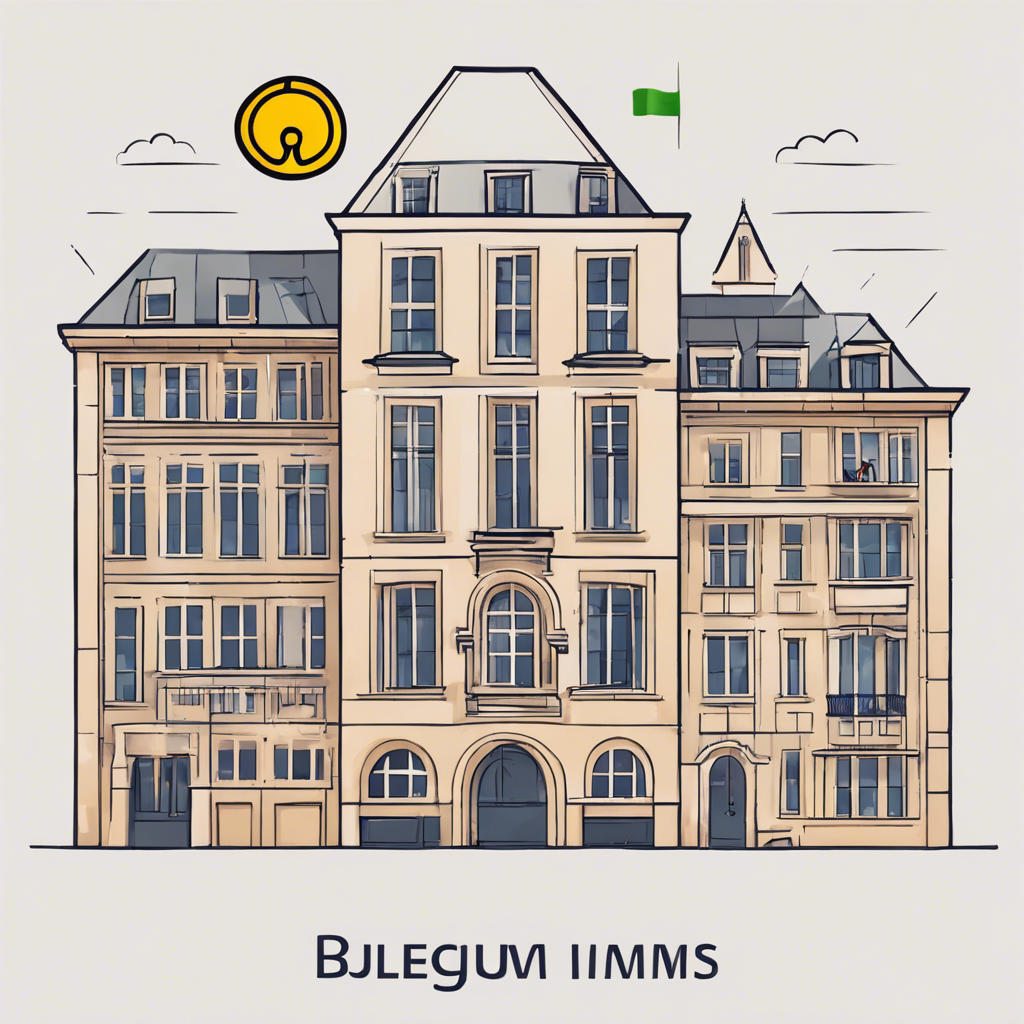Belgium Aims to Accelerate Development of European Blockchain Infrastructure for Official Documents

Belgium’s presidency of the EU Council in 2024 will prioritize the development of a European blockchain infrastructure to store official documents, promoting digital sovereignty in Europe.
Belgium is set to propose the acceleration of a European blockchain infrastructure during its presidency of the EU Council in 2024. The infrastructure would be used to store official documents such as driving licenses and property titles, with the aim of promoting digital sovereignty in Europe. Alongside this initiative, Belgium will also focus on measures related to artificial intelligence, skills, and online anonymity. Mathieu Michel, Belgium’s secretary of state for digitization, emphasizes the importance of convergence and a common infrastructure to achieve digital sovereignty.
Rebooting the European Blockchain Services Infrastructure (EBSI)
Belgium plans to revive the European Blockchain Services Infrastructure (EBSI) project, which was established by the European Commission in 2018 in collaboration with the European Blockchain partnership. The partnership consists of the 27 EU member states, as well as Norway and Liechtenstein. The EBSI project aims to enable mutual recognition of diplomas, document traceability, and SME financing. Belgium proposes renaming the project Europeum and structuring it as the European Digital Infrastructure Consortium (EDIC), a legal framework established in December 2022. EDICs allow member states to collaborate on multi-country projects and contribute to the EU’s Digital Decade 2030 objectives.
Advantages of Blockchain for Official Documents
Blockchain technology, named for its sequential blocks of data linked securely to each other, offers advantages in terms of security, transparency, and privacy. Data recorded in a blockchain cannot be retroactively changed without altering subsequent blocks, making it difficult for hackers to tamper with. Additionally, blockchain technology allows for control of data to be returned to citizens. The proposed European blockchain infrastructure would be managed by the government, ensuring data privacy and security for public sector uses.
European Algorithms Agency and Skills Certification
In addition to the blockchain infrastructure, Belgium aims to create a European Algorithms Agency to manage the benefits and risks of artificial intelligence (AI). The agency would serve as a knowledge center, providing advice and guidance on high-risk AI uses. Belgium also plans to establish a system to certify self-taught skills, recognizing that innovation requires more than just diplomas. The certification system would be based on an online platform called PIX, allowing individuals to assess, develop, and certify their digital skills.
Online Anonymity and Public Verification
Belgium seeks to combat fake online profiles and restore responsibility on the internet by introducing a public verification system based on user identification. While anonymity would still be an option, social media users could choose to see posts only from verified profiles. This system would also apply to e-commerce platforms and other websites susceptible to impersonation or misinformation, such as scientific publications.
Conclusion:
Belgium’s presidency of the EU Council in 2024 will prioritize the development of a European blockchain infrastructure for official documents, promoting digital sovereignty in Europe. The revival of the European Blockchain Services Infrastructure (EBSI) project, renamed Europeum, aims to provide a common infrastructure for applications based on blockchain technology. Additionally, Belgium plans to establish a European Algorithms Agency, certify self-taught skills, and introduce a public verification system for online anonymity. These initiatives reflect Belgium’s commitment to digital sovereignty and the importance of collaboration among EU member states to achieve common standards in the digital realm.

